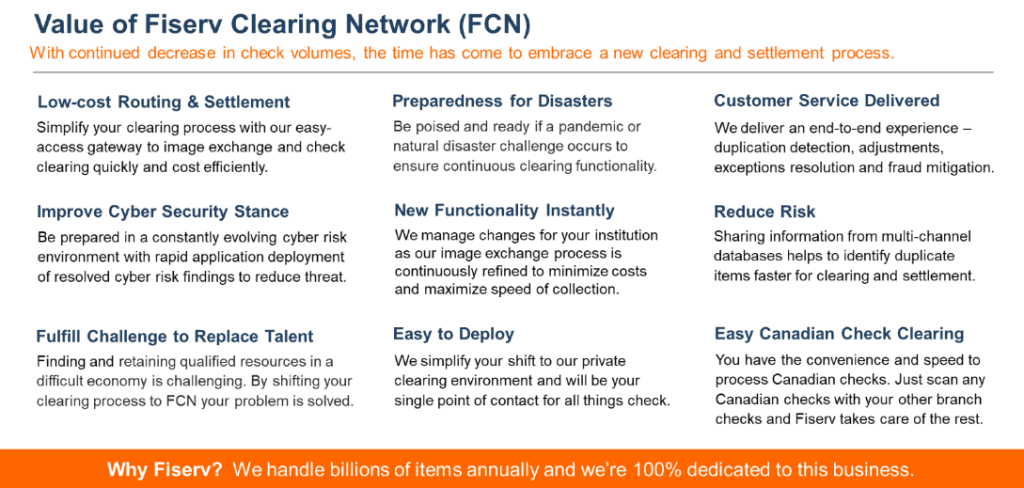# What is Needed for a Home Equity Loan: Unlocking Your Home's Financial Potential
When considering a home equity loan, many homeowners wonder, **"What is needed for a home equity loan?"** This question is pivotal for anyone looking to tap……
When considering a home equity loan, many homeowners wonder, **"What is needed for a home equity loan?"** This question is pivotal for anyone looking to tap into the equity built up in their home. Understanding the requirements can help you make informed decisions and unlock financial opportunities that can enhance your life.
## Understanding Home Equity Loans
A home equity loan allows homeowners to borrow against the equity they've built in their property. This type of loan can be an excellent way to finance major expenses, such as home renovations, education costs, or even debt consolidation. However, to qualify, there are specific criteria that both lenders and borrowers must meet.
## What is Needed for a Home Equity Loan?
### 1. Sufficient Equity in Your Home
The first thing you need to consider is the amount of equity you have in your home. Equity is calculated by subtracting your mortgage balance from your home's current market value. Most lenders require that you have at least 15-20% equity to qualify for a home equity loan. This means if your home is worth $300,000, you should ideally owe no more than $240,000 on your mortgage.
### 2. Good Credit Score
Another critical factor in determining what is needed for a home equity loan is your credit score. Lenders typically look for a credit score of 620 or higher. A higher credit score not only increases your chances of approval but may also qualify you for more favorable interest rates. To improve your credit score, consider paying down existing debts, making timely payments, and checking your credit report for errors.

### 3. Stable Income
Lenders want to ensure that you have a stable income to cover the loan payments. They will typically require proof of income, such as pay stubs, tax returns, or bank statements. A steady job history can also strengthen your application, as it demonstrates reliability and financial stability.
### 4. Low Debt-to-Income Ratio
Your debt-to-income (DTI) ratio is another essential factor. This ratio compares your monthly debt payments to your gross monthly income. Most lenders prefer a DTI ratio of 43% or lower. If your DTI is higher, you may need to pay down some existing debts or increase your income to qualify.
### 5. Documentation
When applying for a home equity loan, you will need to provide various documents. These may include:

- Proof of homeownership
- Recent tax returns
- Bank statements
- Pay stubs
- A list of debts and monthly payments
Having these documents ready can expedite the application process and improve your chances of approval.

### 6. A Solid Purpose for the Loan
Lenders often want to know how you plan to use the funds from your home equity loan. Whether it's for home improvements, education expenses, or debt consolidation, having a clear purpose can strengthen your application. It shows lenders that you are responsible and have a plan for the money.
## Conclusion
Understanding **what is needed for a home equity loan** is crucial for homeowners looking to leverage their property's value. By ensuring you have sufficient equity, a good credit score, stable income, a low debt-to-income ratio, the necessary documentation, and a solid purpose for the loan, you can enhance your chances of approval.
Tapping into your home’s equity can provide you with financial flexibility and open doors to new opportunities. Whether you want to renovate your home, pay for a child’s education, or consolidate debt, a home equity loan can be a powerful financial tool. So, take the time to prepare and understand the requirements, and you could soon be on your way to unlocking your home’s financial potential.